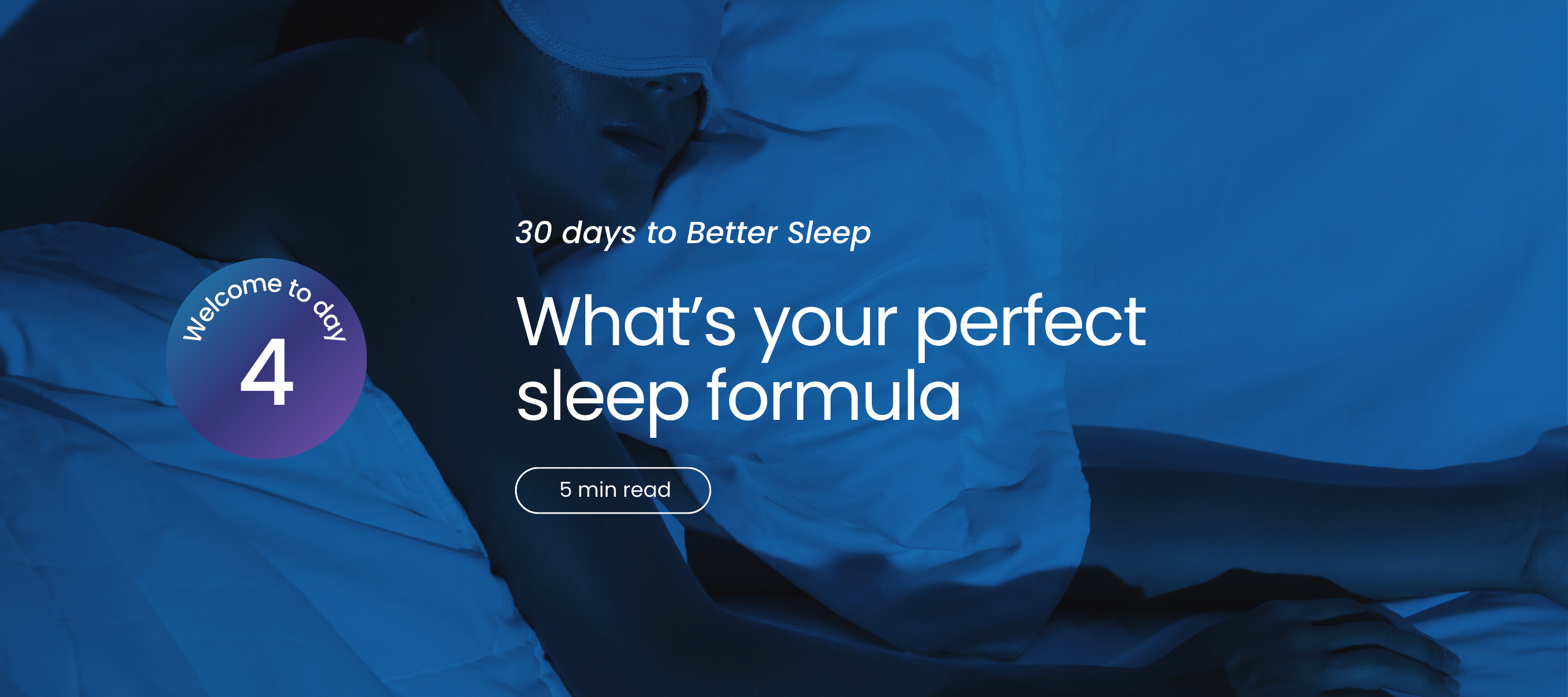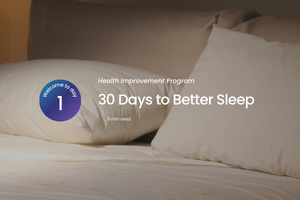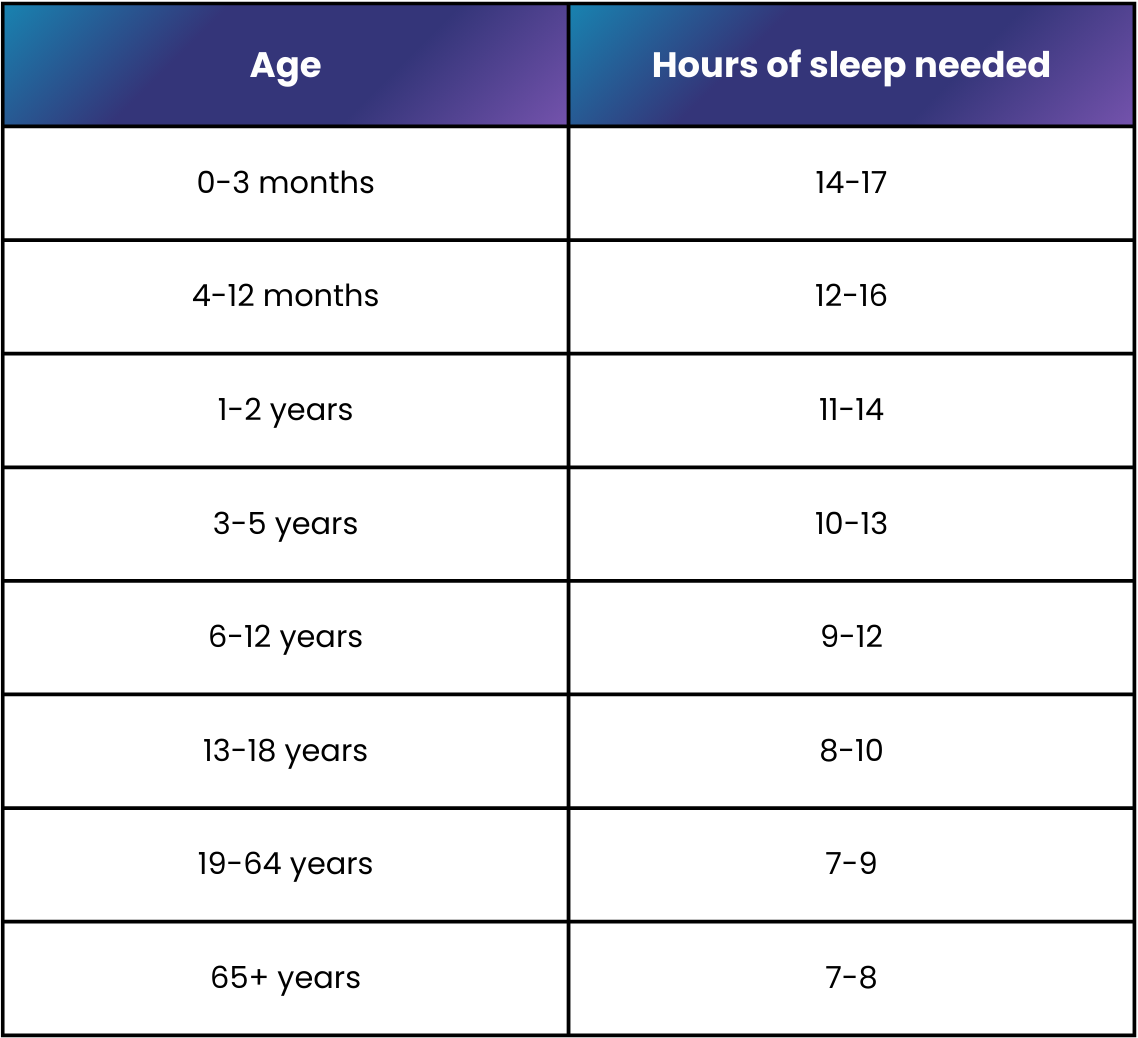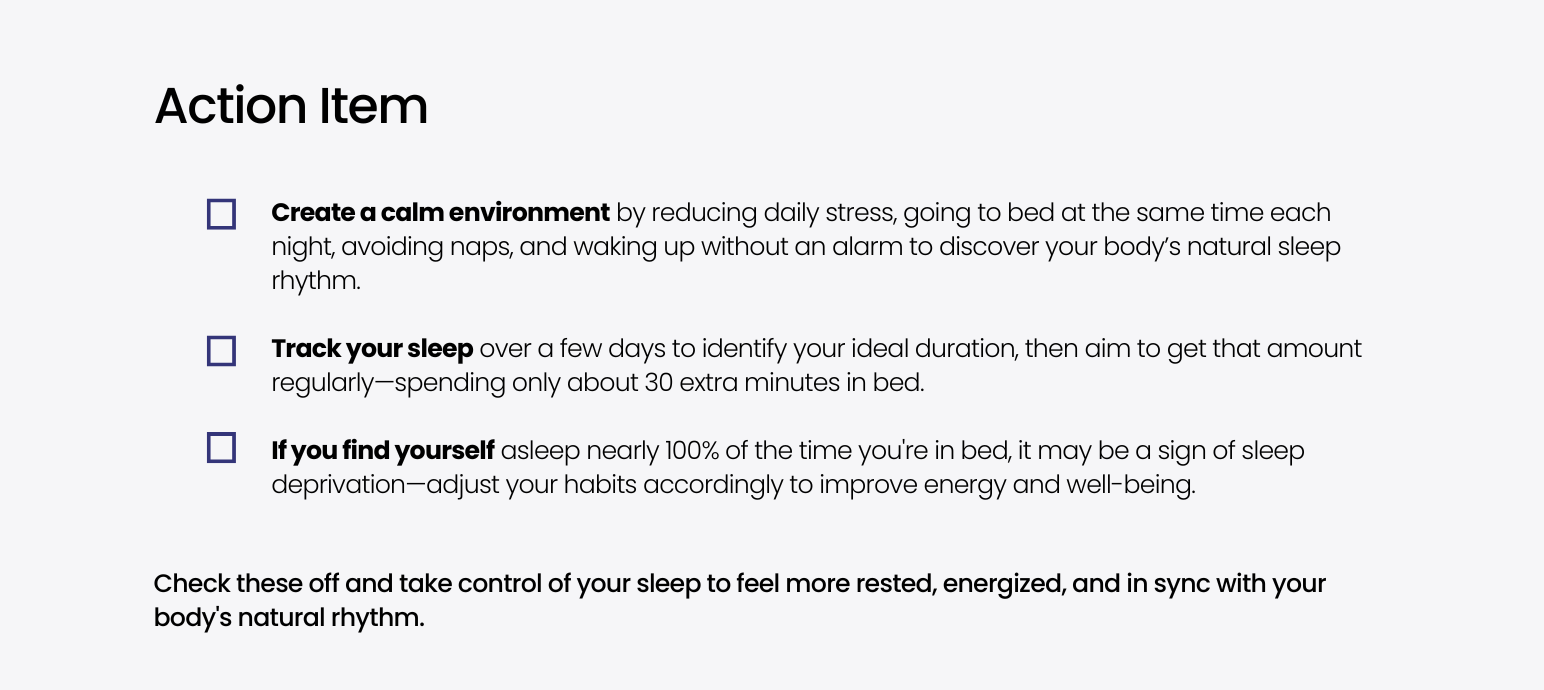
Sleep needs are personal and influenced by age and lifestyle.
If you struggle with falling asleep and staying asleep, try not to spend too much time in bed.
Deep and REM sleep are vital for memory, immunity, and healing.
Find your ideal sleep by going to a stress free environment for a week, such as on vacation, stick to a consistent bedtime, and wake up naturally.
If sleep feels elusive no matter how much time you spend in bed, you’re not alone. Millions of people struggle with sleep, often assuming that simply going to bed earlier or sleeping in later will help them feel more rested. It seems logical—more time in bed should mean more sleep, right? Unfortunately, this isn’t always the case. In fact, spending too much time in bed can actually work against you. It can fragment your sleep cycles, reduce overall sleep efficiency, and—perhaps most importantly—train your brain to associate your bed with wakefulness, frustration, or restlessness rather than sleep. Over time, this can lead to a negative feedback loop where the harder you try to sleep, the more elusive it becomes.
Sleep scientists refer to this as “conditioned arousal,” where your mind becomes hyper-aware or anxious in a space that should signal rest. This is why sleep hygiene guidelines emphasize using your bed only for sleep and intimacy—so your brain forms a strong, consistent link between getting into bed and falling asleep. While the general recommendation for adults is to get between 7 and 9 hours of sleep per night, the key isn’t just hitting that number. It’s about understanding your unique biological sleep need—the precise amount of sleep your body needs to feel refreshed and function optimally.
For most people, this means spending only about 30 minutes longer in bed than the number of hours of sleep you require. So, if you need 7.5 hours of sleep to feel your best, aim to be in bed for no more than 8 hours. This practice helps consolidate your sleep into a more efficient, restful block and strengthens your brain’s natural association between bed and sleep. As you continue your HIP 30-Day Trial, today’s focus will help you build a healthier relationship with sleep—one that’s based on rhythm, biology, and intention rather than just clock time.

Sleep needs are personal and influenced by age and lifestyle.
If you struggle with falling asleep and staying asleep, try not to spend too much time in bed.
Deep and REM sleep are vital for memory, immunity, and healing.
Find your ideal sleep by going to a stress free environment for a week, such as on vacation, stick to a consistent bedtime, and wake up naturally.

Not everyone needs the same amount of sleep, and that’s okay. Genetics, age, lifestyle, and even stress levels influence how much sleep you need to feel fully rested. The goal isn’t to hit an arbitrary number of hours but to uncover your personal baseline—the amount of sleep that allows you to wake up refreshed and stay alert all day. Paying attention to how you feel during the day, rather than focusing solely on hours spent in bed, is a great way to gauge your sleep needs.
Fewer Deep Sleep Stages: As we age, the amount of slow-wave, restorative deep sleep naturally decreases. This shift can make sleep feel lighter and less refreshing.
Increased Wakefulness: Falling asleep and staying asleep can take longer as we get older, leading to more interruptions and lighter sleep.
Varied Sleep Needs: While the recommended range for most adults is 7-9 hours, older adults might require as little as 5 or as much as 9 hours, depending on their individual needs and health conditions.
These changes are part of the natural aging process, but they don’t mean you have to settle for poor sleep.



While it’s normal for sleep to change with age, there are proven ways to improve it. Strengthening your circadian rhythm—your body’s internal clock—can help you fall asleep more easily, stay asleep longer, and spend more time in the restorative deep sleep stages. Even small adjustments to your routine can make a big difference. This program is designed to guide you through those changes, helping you wake up feeling genuinely refreshed and ready to take on the day.
Deep sleep and REM sleep are more than just a part of your nightly cycle—these sleep stages are essential for overall health. During the deep sleep stage, your brain clears out waste, consolidates memories, and performs critical repair processes. Deep sleep also supports immune function, regulates hormones, and reduces the risk of conditions like Alzheimer’s disease. REM sleep is also essential to integrating new memories from the previous day, promoting a healthy immune system, and regulating your emotions. By improving your sleep quality, by increasing deep sleep and REM, you’re giving your body the tools it needs to heal, recharge, and thrive as you age.

"Diagram illustrating the stages of sleep."Sleep Cycles & Stages: What You Need to Know, AlignLife, https://alignlife.com/sleep-cycles-are-more-important-than-you-think/. Accessed December 18, 2024.
"Diagram illustrating the stages of sleep."Sleep Cycles & Stages: What You Need to Know, AlignLife, https://alignlife.com/sleep-cycles-are-more-important-than-you-think/. Accessed December 18, 2024.




THE DOCTORS BRAND™
America’s leading clinically proven nutraceutical brand for better sleep, less anxiety and less pain
*These statements have not been evaluated by the U.S. Food and Drug Administration. Our product is not intended to cure or treat any disease.
MDbiowellness
Contact us
(805) 977-5709
M-F 9am-5pm PT
hello@MDbiowellness.com
© 2023 MDbiowellness